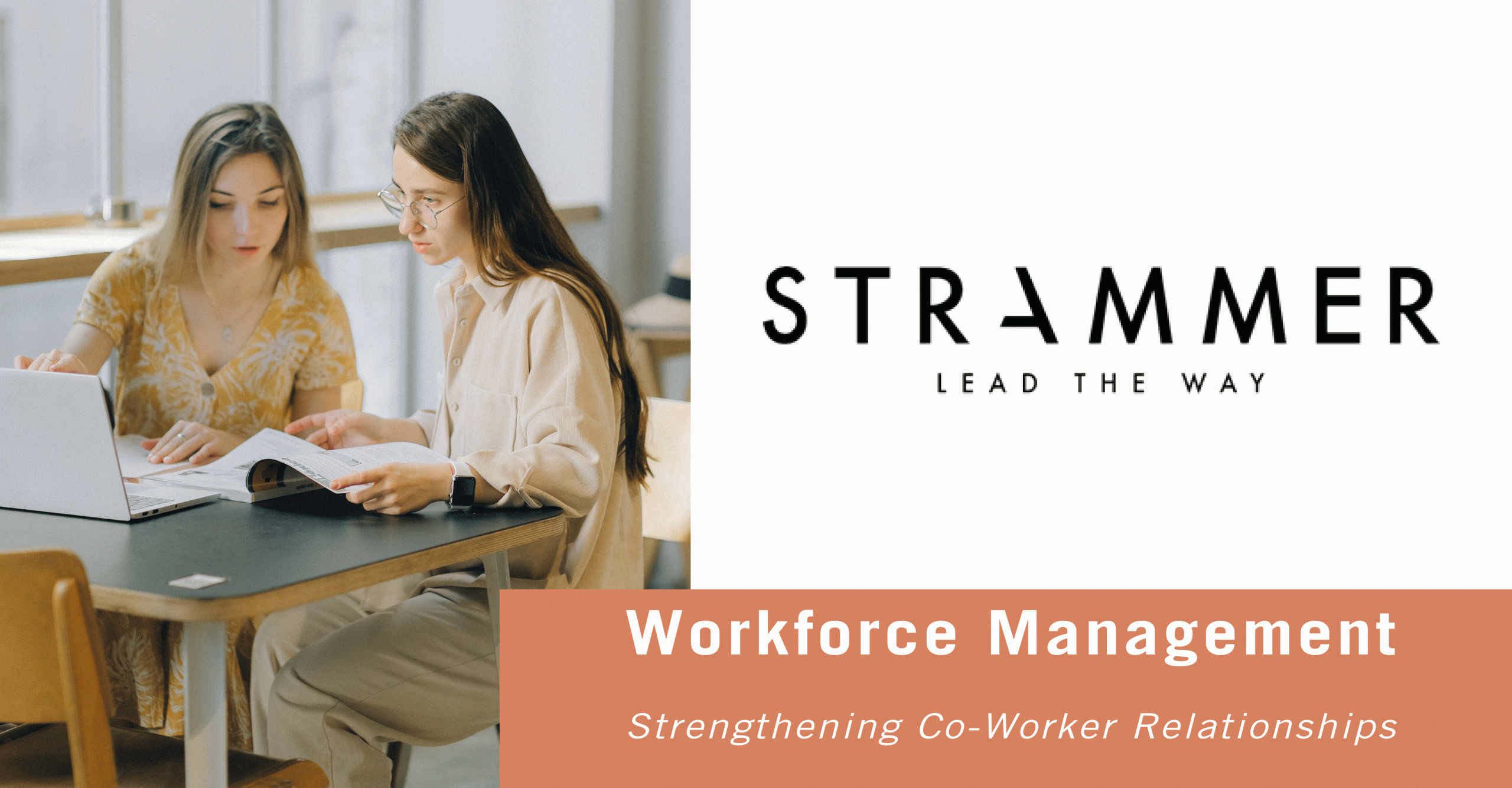How Organisations can Strengthen Co-Worker Relationships
Strengthening working relationships between colleagues is an important priority for organisations, on a human and business level. Team spirit, inclusivity, and effective collaboration are all things that organisations strive to bring out in their employees and fostering strong interpersonal bonds between colleagues helps to achieve these.
When people feel that their colleagues contribute to shared objectives and help them as needed, they tend to reciprocate, in line with the Social Exchange Theory. If supportive behaviour is returned, this is good for culture and performance.
However, on the other hand if teams struggle with tension or poor relationships, this could degrade team unity, employee job satisfaction and performance. HR and leaders can facilitate relationship building in teams.
First, leaders can encourage co-workers to get to know one another on a deeper, more human level, as this allows for stronger interpersonal bonds and can help to build a sense of community. It is true that in remote work, it is difficult to replicate the organic interactions occurring in the office. Thus, for teams who are working remotely or in a hybrid model, it is even more critical to make intentional effort to ensure social contact is not lost. Managers should create opportunities for teammates to connect, which could include virtual social events or skill building activities. In addition, one interesting idea is to have team members share a photo that is important to them and explain its significance to others. This can help to initiate more personal conversation and encourage people to move beyond small talk and strengthen relationships with their co-workers.
Another useful principle for relationship building is listening. Practicing effective listening helps people to connect and it improves communication. According to Listen.org, most of us are distracted or preoccupied approximately 75% of the time when we should be listening. This may be because we are thinking of what we want to say next, or that our mind is elsewhere. We can combat this by giving our full attention to the speaker and actively trying to understand what they are trying to get across.
Improving work relationships in organisations also requires being prepared if tensions and interpersonal problems arise. These cannot always be avoided, so it is important to be prepared with effective strategies to manage and remedy the situation. One technique suggested in Harvard Business Review is called relational agility. This means that both sides look for an alternative solution to resolve the situation, rather than being set on their own version of what happened and the outcome they want. This help people to repair bonds and effectively move forward. Different strategies may work better for different teams, but by taking the time to understand research-backed strategies, leaders can equip themselves with tools to diffuse tension and avert potential escalation. If handled correctly, it may be possible to identify growth opportunities and relational best practices for individuals and teams going forward.
References:
- 14 Ways To Build Positive, Friendly Relationships With Your Colleagues, April 2020,
- How to Mend a Work Relationship, Brianna Barker Caza, Mara Olekalns, and Timothy J. Vogus, February 2020, Harvard Business Review.





